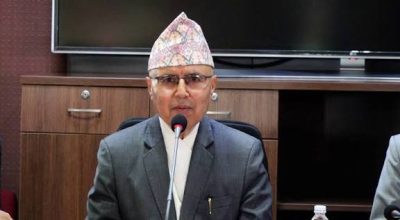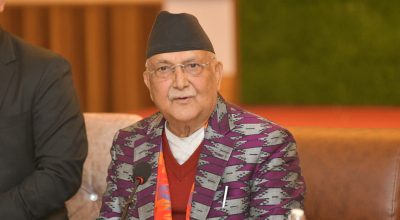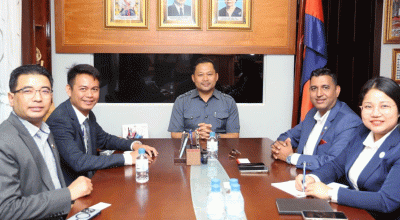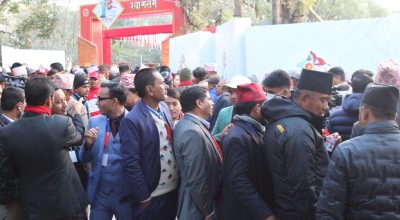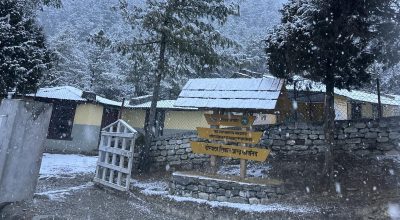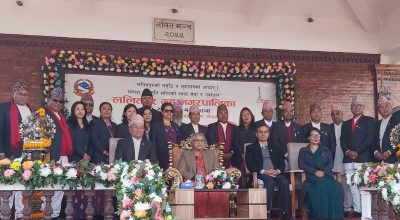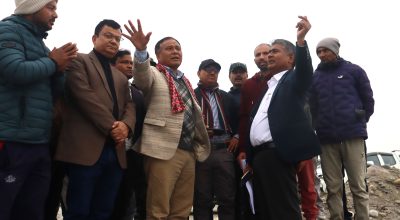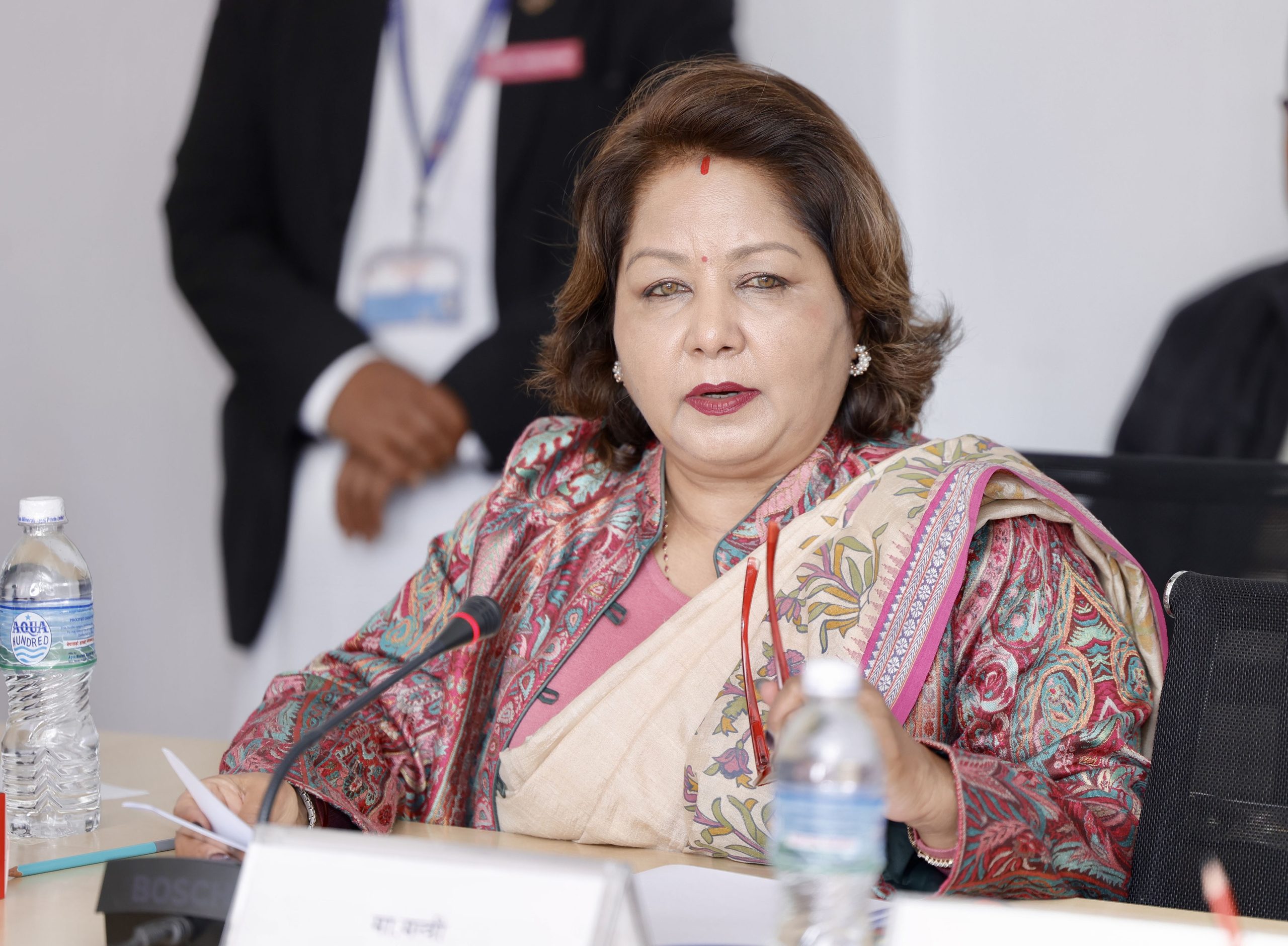
Kathmandu, Jan 13: On December 4, Nepal and China officially signed the Belt and Road Initiative (BRI) Cooperation Framework after an extensive debate in Nepali political circle. The agreement, framed as project-based and grounded in mutual consent, clearly states that projects under BRI will primarily be grant-funded. Even if loans are required, they would be undertaken only with mutual agreement between the two nations.
However, this message did not resonate clearly within Nepal. Following the signing of the BRI framework agreement during the Prime Minister KP Oli’s visit to China, debates began, with many claiming that Nepal had agreed to accepting loans haphazardly under BRI framework, thereby plunging Nepal into Chinese debt trap.
During Monday’s meeting of the International Relations Committee in House of Representatives, MPs from various parties questioned Foreign Minister Dr Arzu Rana Deuba regarding the Nepal-China BRI framework agreement and the provisions attached with. Despite the government repeatedly clarifying that the BRI is not a loan based approach, suspicions lingered, prompting questions from lawmakers.
Congress MPs Yogesh Gauchan and Bimalendra Nidhi expressed concerns, demanding clarity on whether the BRI agreement left room for potential debt. Rastriya Prajatantra Party (RPP) leader Pashupati Shamsher Rana also voiced fears, citing examples of Sri Lanka and Pakistan, which have faced challenges with Chinese loans.
Responding to these queries, Foreign Minister Dr Rana clarified that the BRI agreement had been thoroughly reviewed, and there was no mention of loans in the document. She explained that all projects under BRI would be financed through grants, not loans.
To further emphasize her point, Dr Rana pulled out her mobile phone, downloaded the Oxford Dictionary, and read aloud the definition of the term “aid” (which was referenced in the agreement as “aid financing”). She stated that “aid” does not imply debt, asking MPs to show evidence if they believed otherwise.
Her gesture led to laughter among the MPs, some of whom discussed the situation among themselves, remarking on the minister’s unique approach. By the end of the session, her clarification had managed to quell the concerns of the MPs, leaving them more informed about the agreement’s terms.
The government has already made public the BRI Framework Agreement so that doubts over the agreement will be quelled.





